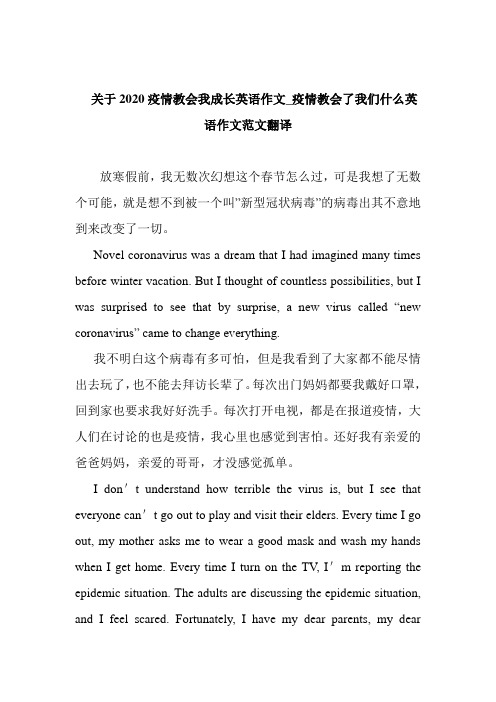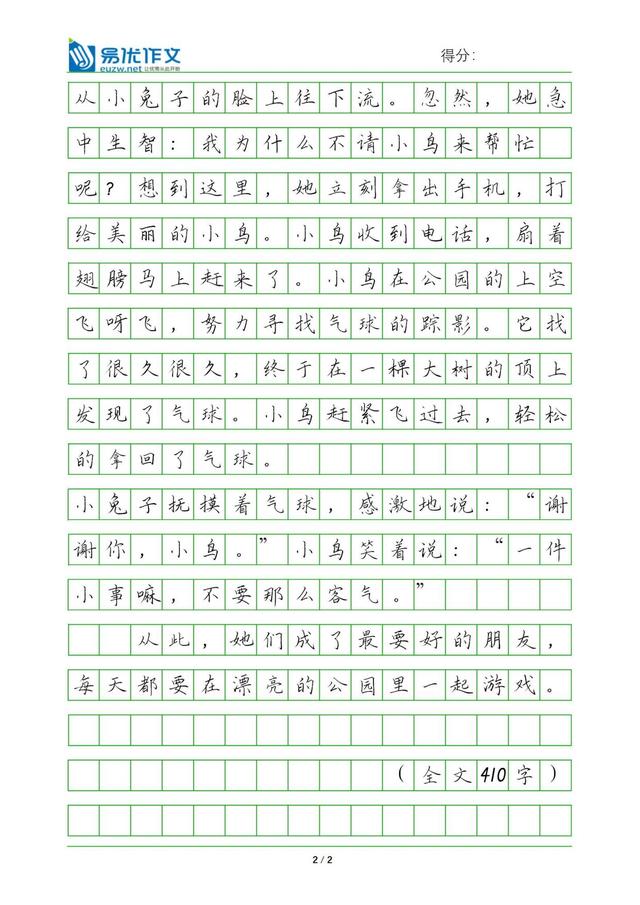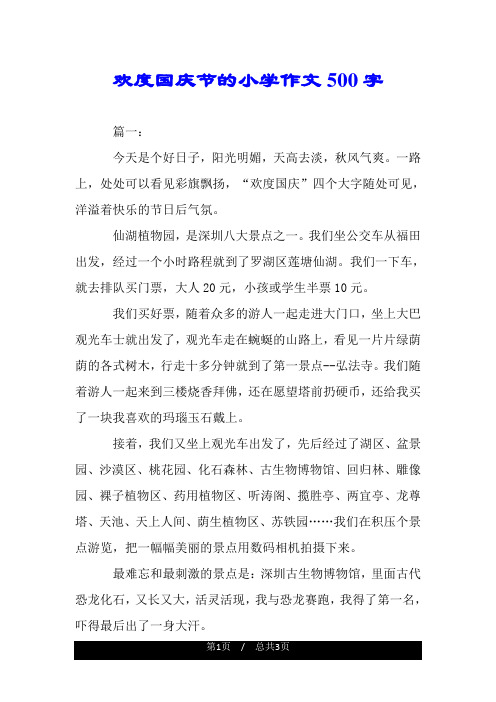关于家庭的英语作文(家庭英文作文主题)
Family is the cornerstone of society, and it plays a pivotal role in shaping an individual's character, values, and overall well - being. A harmonious family can be a source of strength, love, and support that carries through a person's life. In this composition, let us delve into the essence of family from three key aspects: the definition and importance of family, the roles and responsibilities within a family, and the challenges faced by modern families.

Firstly, what exactly is a family? At its core, a family is a group of individuals who are bound by blood relations or legal ties, such as adoption. However, the concept of family has expanded over time to include close - knit groups of people who choose to live together and support one another, even without biological connections. The significance of family cannot be overstated. It is within the family unit that we learn our first lessons about love, trust, and empathy. For instance, a child who grows up in a nurturing family environment where parents show affection and care is more likely to develop a positive self - image and healthy relationships with others in the future. Families also serve as the primary socialization agent, passing down cultural heritage, traditions, and moral values from one generation to the next. In many cultures, family stories and folklore are shared during gatherings, which not only strengthen the sense of belonging but also instill a sense of identity in the younger members.
Secondly, every member in a family has distinct roles and responsibilities. Traditionally, the father has been seen as the breadwinner, providing financial stability for the family. He may work hard outside the home while also taking on tasks such as household repairs and major decision - making. The mother, on the other hand, has often been the caregiver, responsible for nurturing and educating the children, managing the daily household chores, and being the emotional anchor for the family. However, these roles are not set in stone and have evolved significantly over time. In modern families, both parents may share the financial responsibilities equally, and they may divide household chores based on their schedules and abilities rather than traditional gender norms. Siblings also play important roles in a family dynamic. Older siblings may act as mentors and protectors for their younger counterparts, while younger ones bring joy and innocence to the family atmosphere. For example, in a family where the oldest sibling helps their younger brother or sister with homework and shares their own experiences to guide them, a strong bond of mutual support and respect is formed among the siblings.
Lastly, modern families face a myriad of challenges in today's fast - paced and diverse world. One of the most common challenges is the pressure of balancing work and family life. With both parents often having demanding jobs, finding quality time to spend together as a family can be difficult. This can lead to feelings of guilt and neglect among parents, and a sense of disconnection among family members. For example, a couple may both work long hours, and when they finally come home in the evening, they are too exhausted to engage meaningfully with their children. Another challenge is the influence of technology on family relationships. While technology has brought about many conveniences, it can also be a double - edged sword. Excessive use of smartphones, computers, and other digital devices can reduce face - to - face interaction and communication within the family. Children may become more engrossed in virtual worlds than in spending time with their family, leading to weakened familial bonds. Furthermore, societal changes such as increasing social mobility, blended families, and different cultural backgrounds can bring about conflicts and misunderstandings within a family. In blended families, for instance, children from previous relationships may struggle to adjust to a new stepparent and siblings, causing tension and emotional turmoil.

In conclusion, family is a multi - faceted institution that holds immense value in our lives. Understanding its definition and significance, recognizing the various roles within it, and addressing the contemporary challenges it faces are crucial steps in nurturing strong and healthy family units. By doing so, we can ensure that the family continues to be a haven of love, security, and growth for generations to come.
更多精彩》



